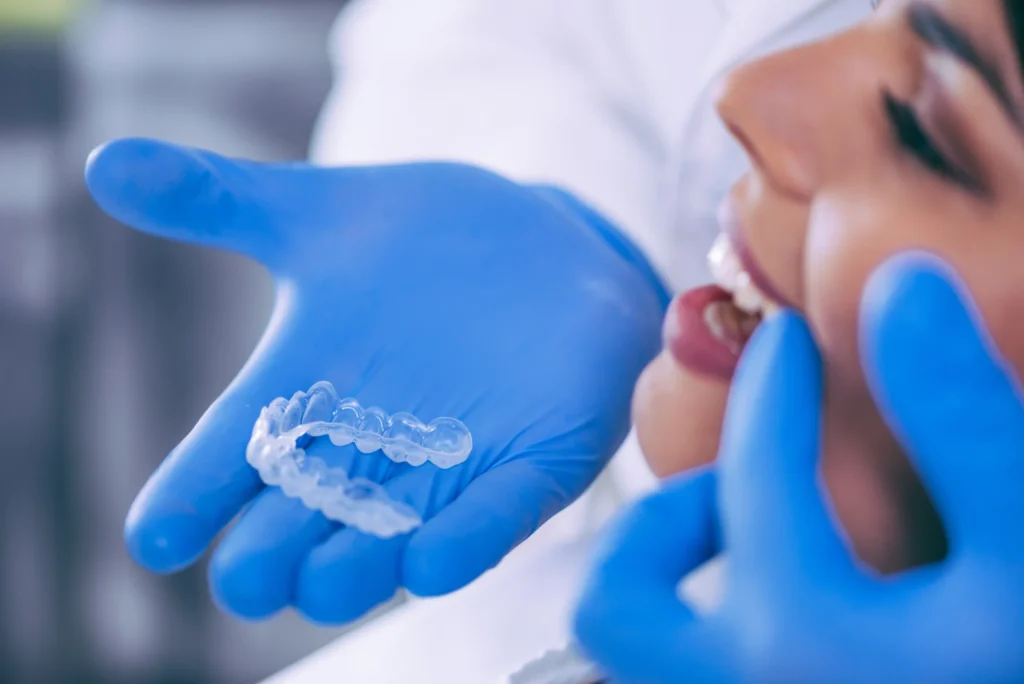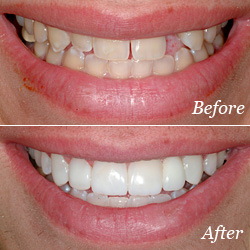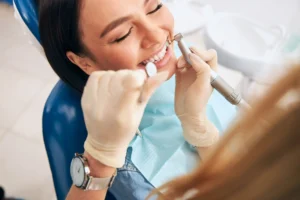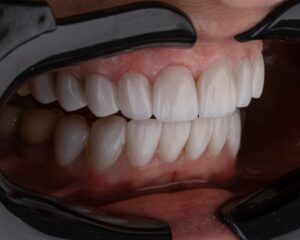Hey there, fellow readers! If you’re anything like me, you’ve probably contemplated trying out home remedies for teeth whitening at some point. The allure of achieving a brighter smile without breaking the bank is undoubtedly appealing. But before you dive headfirst into the world of DIY teeth whitening, let’s take a closer look at whether these methods are truly safe and effective.
In recent years, the internet has been flooded with various home remedies for teeth whitening, ranging from baking soda and hydrogen peroxide to activated charcoal and coconut oil pulling. While these natural solutions may seem harmless and cost-effective, it’s crucial to understand the potential risks and limitations associated with them.
The Science Behind Teeth Discoloration
Before we delve into the safety of home remedies for teeth whitening, let’s first understand why our teeth become discolored in the first place. The most common culprits for tooth discoloration include:
- Staining Foods and Beverages: Coffee, tea, red wine, and certain fruits can all contribute to surface stains on teeth.
- Tobacco Use: Smoking or chewing tobacco can lead to yellowing of the teeth over time.
- Poor Oral Hygiene: Inadequate brushing and flossing can result in the buildup of plaque and tartar, which can make teeth appear yellow or stained.
- Aging: As we age, the enamel on our teeth naturally wears down, revealing the yellowish dentin underneath.
Understanding the root cause of tooth discoloration can help us make informed decisions when it comes to choosing a whitening method.
The Safety of Home Remedies for Teeth Whitening
Now, let’s address the burning question: Are home remedies for teeth whitening safe? While many natural ingredients have been touted for their whitening properties, it’s essential to proceed with caution. Here are some popular home remedies and their safety considerations:
1. Baking Soda
Baking soda is often hailed as a miracle ingredient for teeth whitening due to its mild abrasive properties. However, using baking soda excessively or with too much pressure can erode the enamel, leading to tooth sensitivity and increased vulnerability to cavities.
2. Hydrogen Peroxide
Hydrogen peroxide is a common ingredient in commercial teeth whitening products due to its bleaching properties. While dilute hydrogen peroxide solutions are generally safe for oral use, high concentrations can cause gum irritation and enamel damage if not used correctly.
3. Activated Charcoal
Activated charcoal has gained popularity as a natural teeth-whitening agent, thanks to its adsorptive properties that can bind to stains and toxins. However, there is limited scientific evidence to support its effectiveness, and excessive use may lead to enamel abrasion and staining.
4. Coconut Oil Pulling
Coconut oil pulling involves swishing coconut oil in the mouth for several minutes to remove bacteria and toxins. While this traditional practice may contribute to oral hygiene, its whitening effects are minimal compared to professional treatments.
In general, it’s crucial to use home remedies for teeth whitening in moderation and consult with a dental professional if you have any underlying oral health issues.
Professional Teeth Whitening vs. Home Remedies
While home remedies for teeth whitening may offer a more budget-friendly alternative to professional treatments, it’s essential to weigh the pros and cons of each approach. Here are some key differences between professional teeth whitening and DIY methods:
- Efficacy: Professional treatments performed by dentists are typically more potent and yield faster results compared to home remedies.
- Safety: Dentists can tailor the whitening treatment to your specific needs and monitor any potential side effects, ensuring a safer whitening experience.
- Longevity: While home remedies may provide temporary whitening effects, professional treatments often offer longer-lasting results with proper maintenance.
Ultimately, the choice between professional teeth whitening and home remedies depends on your budget, time constraints, and desired level of whitening.
Conclusion
While home remedies for teeth whitening can be a tempting solution for achieving a brighter smile at home, it’s essential to approach them with caution. Understanding the risks and limitations of DIY methods is key to safeguarding your oral health in the long run. Before embarking on any teeth whitening regimen, consider consulting with a dentist to explore the safest and most effective options tailored to your needs.
Frequently Asked Questions
1. Are home remedies for teeth whitening suitable for everyone?
While some home remedies may be safe for general use, individuals with sensitive teeth, gum disease, or dental restorations should exercise caution and consult with a dentist before trying DIY whitening methods.
2. How often should I whiten my teeth using home remedies?
It’s recommended to follow the instructions provided for each specific home remedy and avoid overusing whitening agents to prevent damage to the enamel and gums.
3. Can I combine different home remedies for better results?
Mixing multiple home remedies for teeth whitening may not necessarily enhance the whitening effects and could increase the risk of adverse reactions. Stick to one method at a time and assess its effectiveness before trying another.
I hope this guide has shed light on the safety considerations surrounding home remedies for teeth whitening. Remember, a healthy smile is a beautiful smile – prioritize oral hygiene and make informed decisions when it comes to enhancing your pearly whites!








